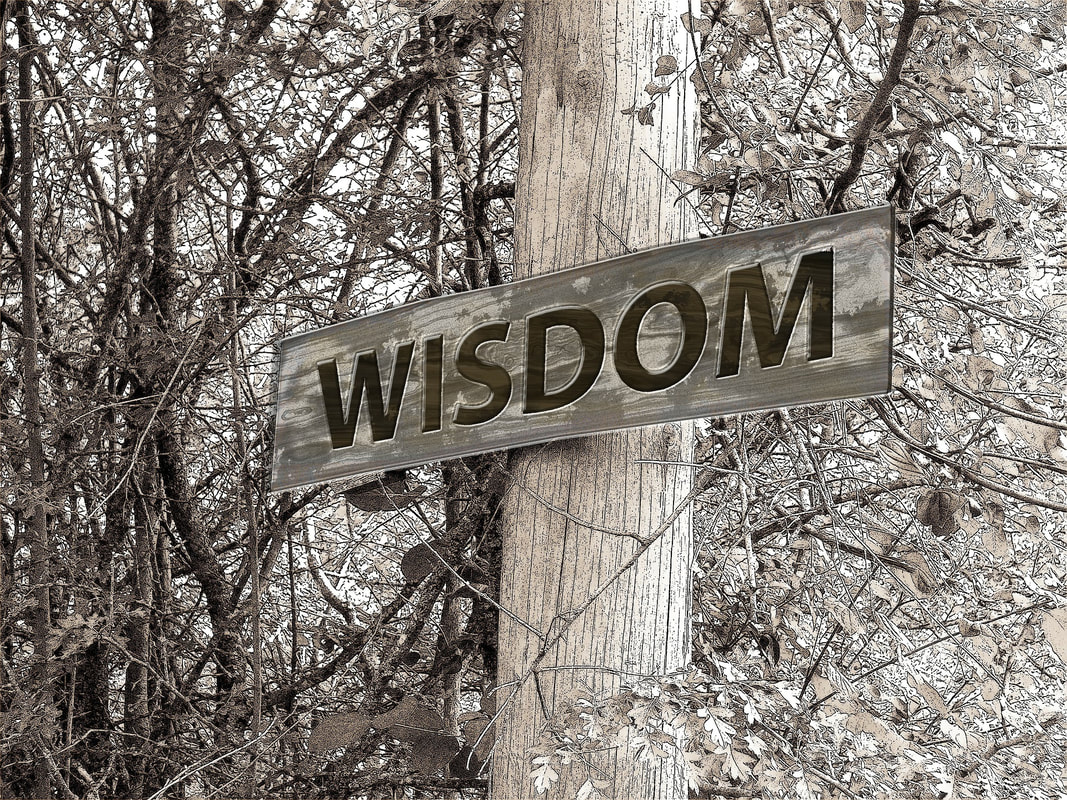|
It's an interesting question. I was once asked by a philosophical counseling client: "Can you become wise by doing unwise things?" It may also sound like a strange question but the premise behind the question was whether experience, even the experience of making mistakes and learning from them, could lead to wisdom. Let's look at it by looking at the concept of wisdom and seeing where this leads us.
"Wisdom is organized life." So says philosopher Immanuel Kant. Perhaps wisdom can best be thought of as the product of learning from doing many unwise things. However, without this learning, I'm not sure wisdom naturally arises from simply doing unwise things. In a similar vein, wisdom entails knowing what you do not know as Socrates realized when he was dubbed the wisest of all men. Since he knew there were many things of which he was ignorant he concluded that it must be because he knew this which made him wise. Henry David Thoreau once said, "it is characteristic of wisdom not to do desperate things." This may also argue against the notion that one becomes wise by doing unwise things. Aristotle pointed out in his Nicomachean Ethics that one becomes a virtuous person by getting into the habit of acting virtuously. Perhaps this also applies to wisdom. We must get into the habit of acting wisely to become wise people. So, becoming a wise person would then be the product of doing many wise things. Also in the Nicomachean Ethics Aristotle distinguishes practical from philosophical wisdom. Practical wisdom deals with action, while philosophical wisdom deals mainly with contemplative virtues. Both are important. Both must be practiced with deliberation. Both are important to our happiness. An important consideration behind the original question is whether it is possible to recognize in advance that an action is wise or unwise. To the extent that it is possible to recognize an action as unwise, it seems unlikely that wisdom would result from doing that which is unwise. I share this line of thought with you here for three reasons: 1. First, it shows the kind of question that often arises from reflection on our everyday life and the problems we face. Many questions we ask in the course of our life are, at their root, philosophical questions. While they may not seem like it on the surface if you dig a little deeper the underlying premises behind the question as well as how they can be answered rely on philosophical principles. 2. Second, it shows that philosophy can shed light on this kind of question. Philosophers have been thinking about such issues for centuries and we can benefit from their reflection. Philosophers don't offer ready-made one size fits all answers but then these kinds of questions can't really be answered that way. They require individual reflection and individual application. 3. Third, it shows that to benefit from this kind of counseling one must enter into a dialogue of some kind. The dialogue can occur between a client and a counselor. Or the dialogue can occur between a questioner and some philosophical reading. Either way, the point is to enter into a dialogue and reflect on that dialogue. Perhaps once cannot become wise by doing unwise things, but once can become wiser by engaging in philosophical inquiry and dialogue. And this dialogue can always be enhanced by having a philosopher as your dialogue partner. Email me to start your philosophical dialogue!
0 Comments
Leave a Reply. |
KEVIN J. BROWNEPhilosopher / Educator These blog posts contain links to products on Amazon.com. As an Amazon Associate I earn from qualifying purchases.
Categories
All
Archives
April 2023
|




 RSS Feed
RSS Feed
















